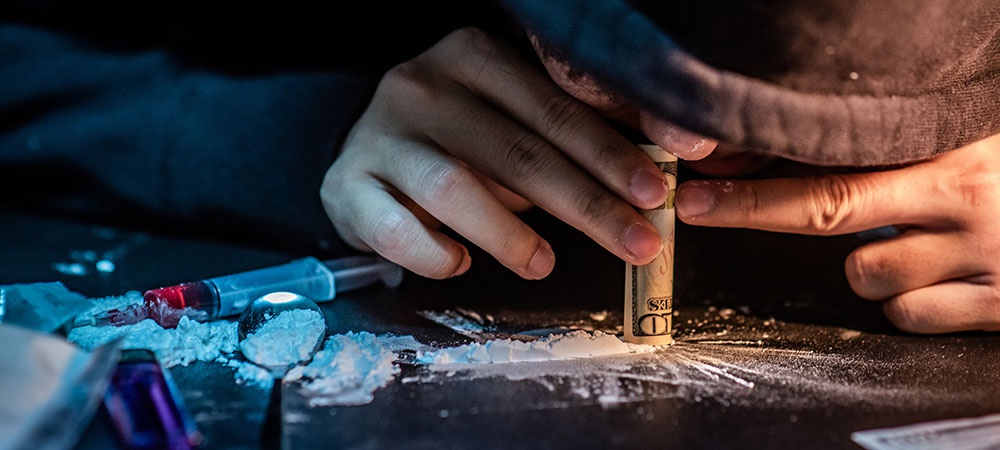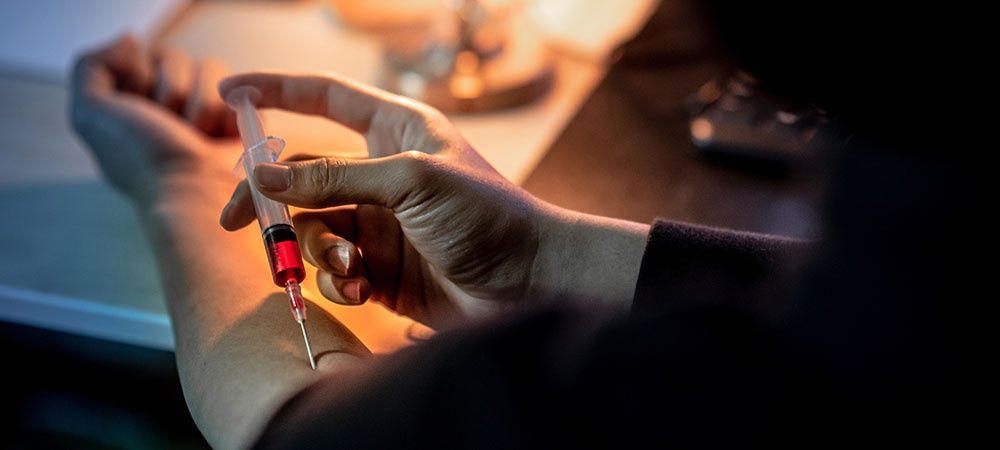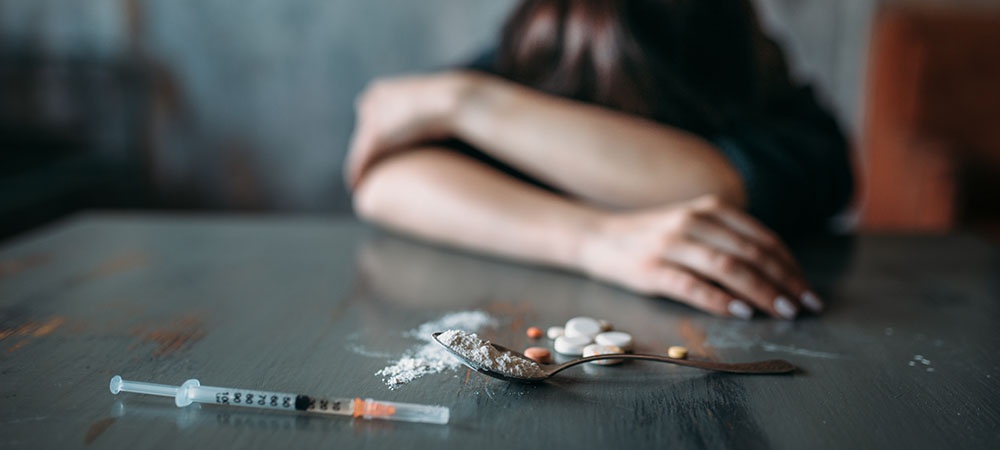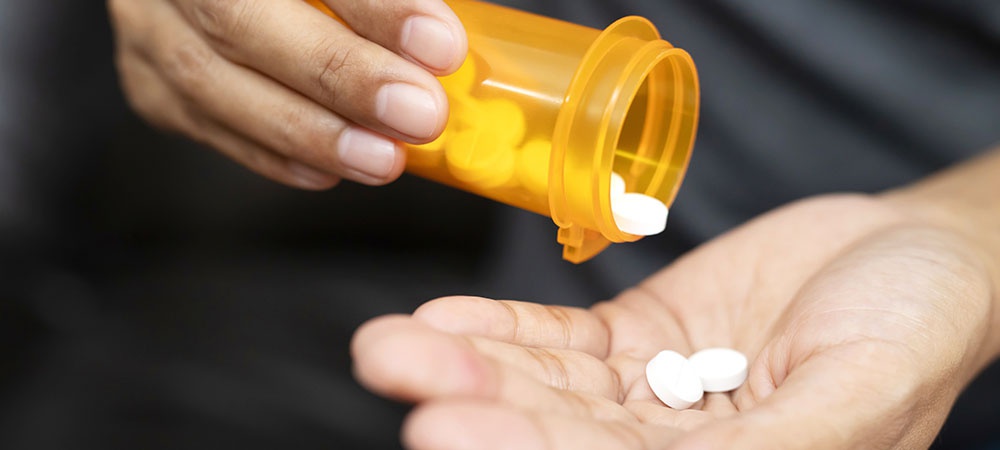Drug detox is emptying the body of alcohol and drugs you have taken over time. Drug detox can be a tedious and challenging journey that requires time, effort, energy and willpower. There are four main stages of drug detox, and these stages require adaptation time.
During the detox process, the body undergoes severe withdrawal symptoms that can be excruciating. Also, there is the tendency for you to relapse and slip back into past drug habits. However, drug detox isn’t impossible.
It may take a considerable amount of time, but you can successfully go through the four-stage drug detox process without fail. This article will walk you through the 4 phases of drug detox in painstaking detail.
Furthermore, always remember you’re never alone in the ongoing battle against drug addiction. Some people are willing to help you get over your vice. So without much further ado, let’s get into the crux of drug detox, its importance and its stages.
The Importance of Drug Detox
Before we dive into the stages of drug detox, it’s essential to know about the importance of drug detox. During drug addiction, the body becomes dependent on the drugs you take to function normally. The dependency makes it dangerous to quit cold turkey when trying to curb drug addiction.
The body has become reliant on these drugs and requires time to wean the dependence slowly. The gradual stoppage allows your brain to adapt to rapid body chemistry changes. The dependency makes it dangerous to quit cold turkey when trying to curb drug addiction.
Furthermore, the effects of drug detox will gradually filter out the toxic effects of the drugs in your system over time. However, there’ll still be moments of withdrawal syndrome, a period of extreme cravings for the drugs you have become accustomed to.
Nevertheless, we’re here to aid you on your journey of detoxification and rejuvenation. We’ll walk you through the drug detox stages and show you how drug detox programs in Ontario help you get your body back to its optimum shape.

How Long Does it Take to Detoxify the Body?
Detoxifying the body is not easy, but it isn’t impossible. It takes a period to get your body to stop relying on the drugs. These processes spread across the stages of drug detox and will ensure you don’t relapse once you complete the steps.
Depending on the drug you’re trying to detoxify yourself from, the duration may vary from 10-25 days. Alcohol may take less time to detox compared to heavy sedatives or benzodiazepines. What is more important is managing your triggers during the detoxifying stage.
Hence, this is what to expect during drug detox; on average, the early withdrawal symptoms can last between seven to ten days. This period is critical in drug detox as the body goes through severe pain as it craves and demands the drugs you are trying to quit.
We advise you to go through the withdrawal symptoms under medically assisted supervision. The withdrawal symptoms can prove extremely dangerous to the body or even fatal if it’s not managed correctly.

Can I Detox on My Own?
Early stages of drug detox are the hardest. Without proper supervision or care, you can succumb to dehydration or seizures. We recommend leveraging outpatient and inpatient drug detox programs to help you navigate the challenging parts of withdrawal. Our facilities provide 24-hour supervision and care for patients with severe addictions.
Why Do I Need Drug Detox?
According to SAMHSA’s National Survey on Drug Use and Health, 22.5 million persons (8.5 percent of the U.S. population) aged 12 or older sought treatment for illicit drug or alcohol use issues in 2019.
This survey speaks a lot about the epidemic of drug and substance abuse. Drug abuse can make you less functional as a human being and a less productive member of society.
Therefore, you need to experience what happens during drug detox to understand its importance. The entire process purges your system and brings you back to life anew. So, without much further ado, let’s jump into the four main stages of drug detox.
Related Article: What Does Medical Detox Feel Like?

The Four Stages of Drug Detox
The four main stages of drug detox are critical on the road to recovery. We advise working with medical professionals to ease the process. Below are the four essential elements for drug detox.
Initiation of Treatment
Initiation of treatment is the first step that begins the whole procedure as it requires the identification of the problem. Once you can accept you have an addiction to beat, it makes the initiation of treatment easier to begin.
However, it’s advisable to seek professional help in this early stage of the drug detox process. At this point, you’re the most vulnerable and trying to start the detox program on your own can prove futile.
This early into conquering your addiction, you’ll face a mountain of doubts and apprehension. However, this hesitation is usual, and you shouldn’t feel bad about the difficulties you will be experiencing.
You have to try your best to refrain from complacency. Never think the “addiction isn’t so bad.” This attitude can be detrimental to your journey to recovery. This lax attitude may lead to denial, worsening your situation.
In addition, during this stage of drug detox, your addiction specialist will highlight the damaging effects of the addiction in full detail to the patient. This exercise aims to make the individual conscious of the necessary steps they would need to overcome. Hence, you need to be fully aware and accepting of the debilitating effects of the addition.
The attending specialist will chart out the destructive effects of the addiction so far to the patient by reviewing their history. Next, the caretaker instigates ways to spark the motivation and drive to battle the addiction. Ultimately, this will lead to the caretaker crafting a personalized treatment plan for the patient.

Early Abstinence
At this point, once your personalized treatment plan is underway, you can progress to the next level. The caretaker informs you on what to expect during the drug detox as you go further. The medical personnel will work you through the various abstinence methods to engage in weaning your body off the effects of the drug slowly.
The early abstinence stage can be challenging to scale through. Multiple factors may impede your recovery at this level. Chief among these factors is the persistent withdrawal symptoms. In addition, your body begins to react more violently to the absence of the drug in your system.
Your physical cravings amplify as you experience a strong sense of oral dependency. More so, you’ll be managing a physiological dependency issue as your mind tries to rationalize and convince you to return to your drug habits.
Also, during this stage of drug detox, you have to be wary of triggers that can easily make you relapse. This risk of relapse is where your caretaker or counsellor can prove very useful and comforting. Peer pressure can also lead to relapse depending on your current social circle.
However, your caretaker can implement specific tactics to help you combat the triggers mentioned earlier and pitfalls. Some of the strategies that your caretaker can implement are:
- Suggesting substitute behaviours to turn to when the cravings arise
- Identifying your triggers and preemptively avoiding them
- Advocating for healthier and more distracting activities to participate in
- Engaging in self-help groups that foster interaction and offer information

Maintaining Abstinence
Abstinence alone isn’t enough during the stages of drug detox. You’ll have to maintain your abstinence and ensure its longevity to properly kick the chemicals of the drugs out of your system. Typically, you may have to maintain continuous abstinence for about 90 days.
Incidentally, the belief is this 90-day window is the average duration of withdrawal at which your body can stave off the majority of your cravings. In addition, the caretaker will take you deeper into how drug detox works and show you the tools you can use to avoid a relapse.
After all, once you have been able to condition your body to fight off the cravings and withdrawal symptoms, you wouldn’t want to risk a relapse. A relapse at this stage can be devastating to your mental and physical health.
You’ll learn about the telltale signs to look out for to avoid a relapse. However, you’ll also learn that simply avoiding substances doesn’t guarantee a good quality of life. There’s more to do to ensure your new lifestyle.
Ultimately, you’ll learn some viable coping mechanisms to maintain your renewed lifestyle. Examples of such management tactics are:
- Work on managing your anger
- Ensure a balanced nutrition and diet plan
- Refrain from swapping or replacing your addiction
- Adopt new profitable skills
- Learn money management
- Move with a drug-free crowd
However, implementing these coping mechanisms can take a while to adapt. Fortunately, this is where your addiction specialist can come through and guide you. Coincidentally, at our drug detox program, we provide you with the necessary tools and means to fight your addiction and maintain a rejuvenated lifestyle.

Advancement of Recovery
At this point, you’ll be thoroughly enjoying the effects of the drug detox. However, reaching this stage can take four to five years. Therefore, you can take everything you have learnt throughout the recovery process and implement them fully into your life.
Furthermore, your caretaker will help you draw out long-term goals and plans to ensure your new lifestyle doesn’t regress. Below are some of the long term goals to guarantee you say farewell to your addiction issues forever:
- Partake in recreational activities that do not rely on substance use
- Concoct a consistent schedule that you can follow daily
- Search out for mind and soul fulfilment through spirituality or social work and activism
- Develop social relationships with likeminded people that are in recovery
Eventually, once you kick the drug habit successfully, you can become an agent of change. You can be a physical example to others going through the same process you were able to conquer.
Therefore, you can work with other medical professionals to let new patients know what happens during drug detox. This information will help new patients prepare for the struggles and temptations during drug detox.
Related Article: Mental vs Physical Withdrawal From Drugs

Final Thoughts
Drug detox isn’t a friendly or easy process, but there are ways to mitigate the whole experience. First, you should familiarize yourself with how drug detox works. Secondly, get in touch with a drug detox professional or substance abuse counsellor. The input of these professionals is vital.
Next, you can safely walk through the four stages of drug detox with relative ease and guidance. Success in maintaining your abstinence will lead to the final stage, the advancement of recovery. Ultimately, you’ll overcome your addiction and become a fully functional member of society.
Here at Medical Detox Ontario, we can provide a comprehensive game plan to help you safely detox from drugs. Contact us today to discuss your drug detox needs with a certified specialist.

